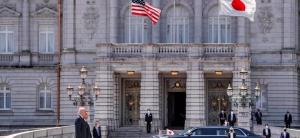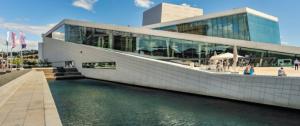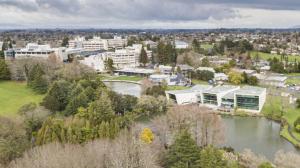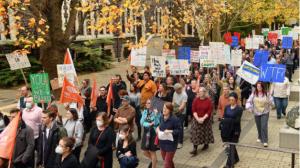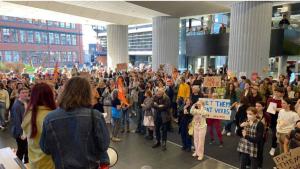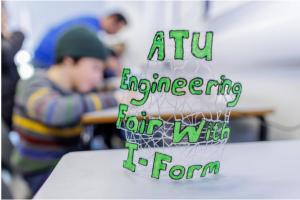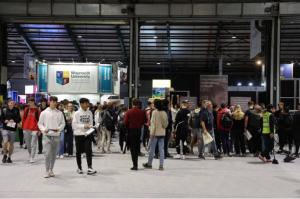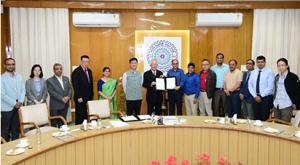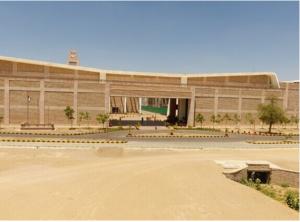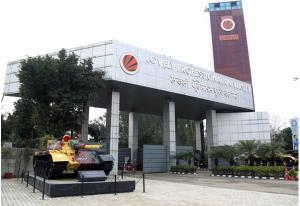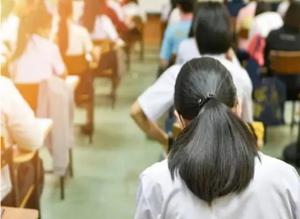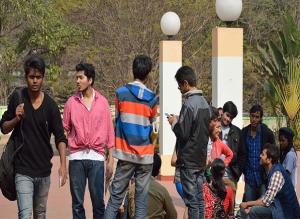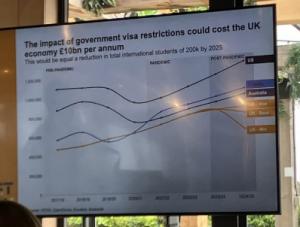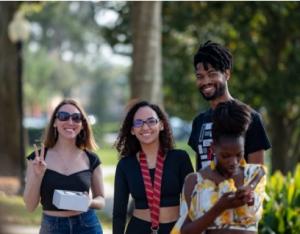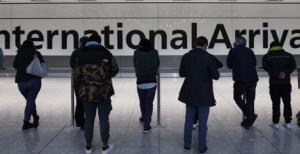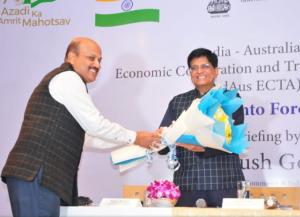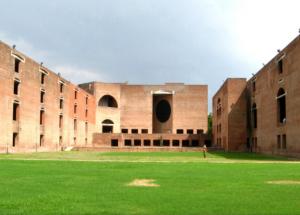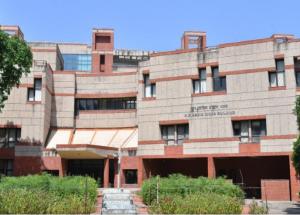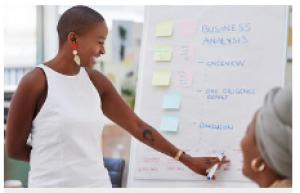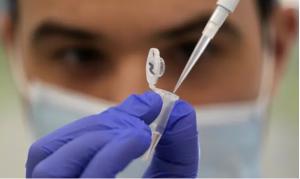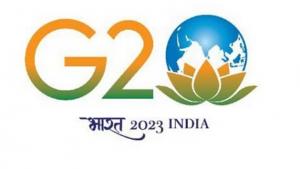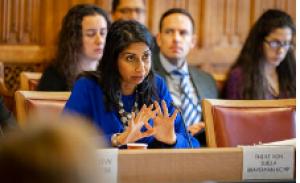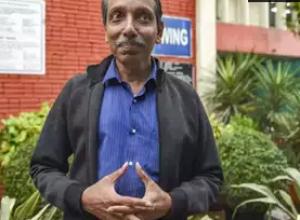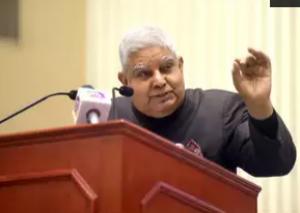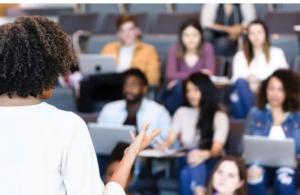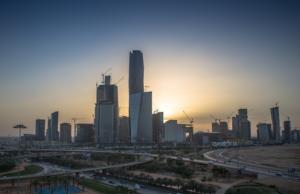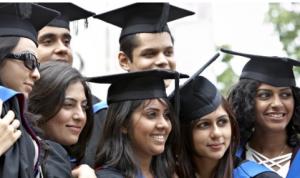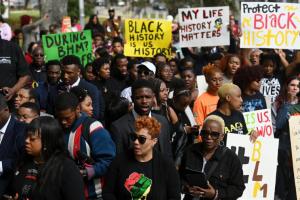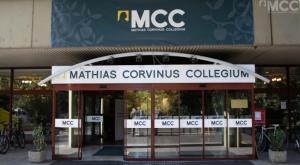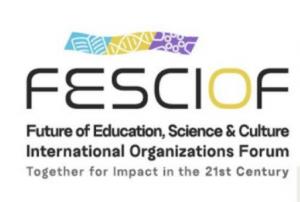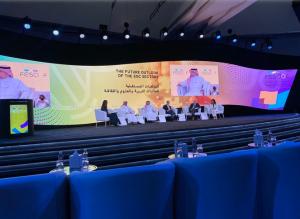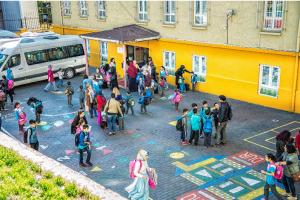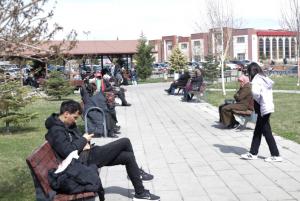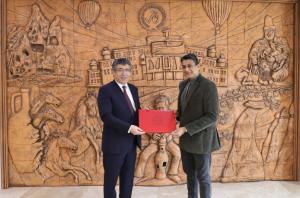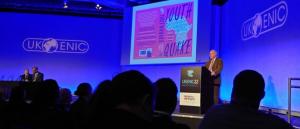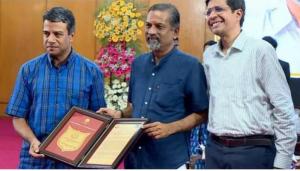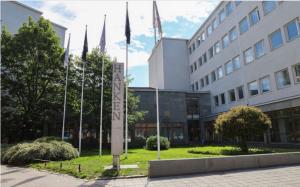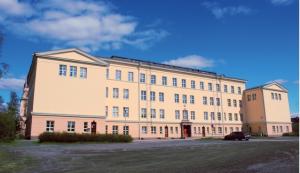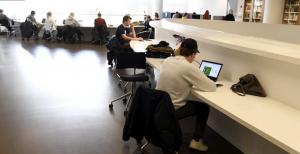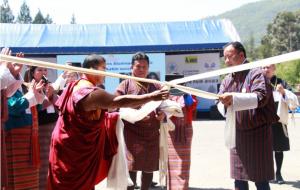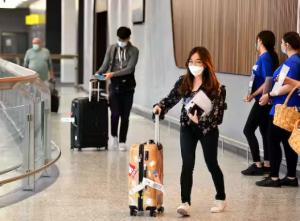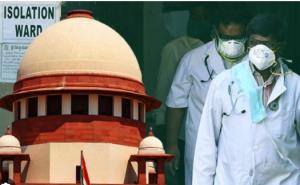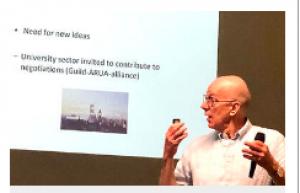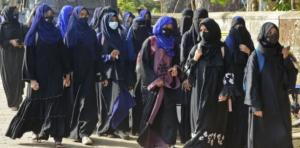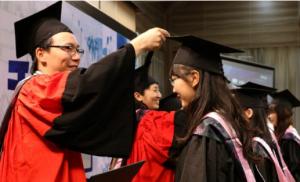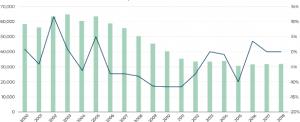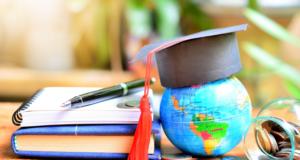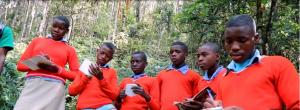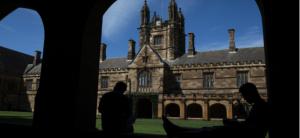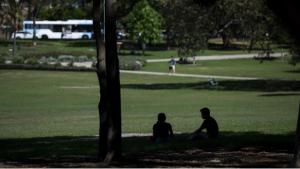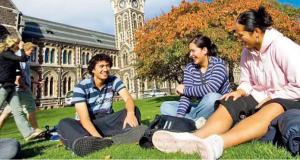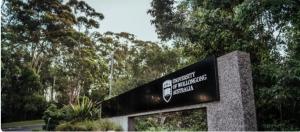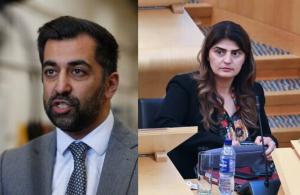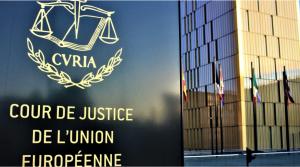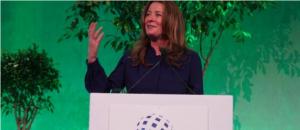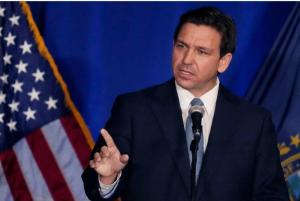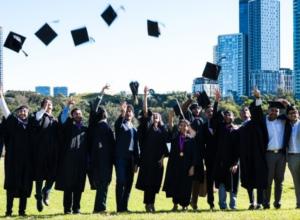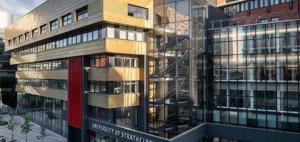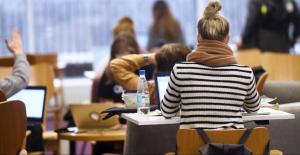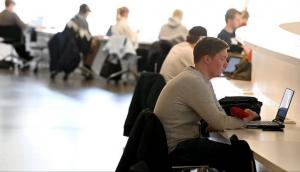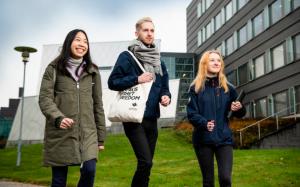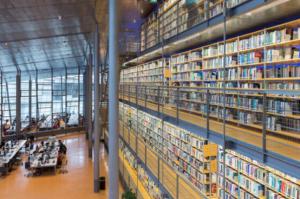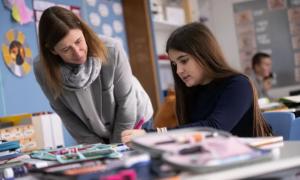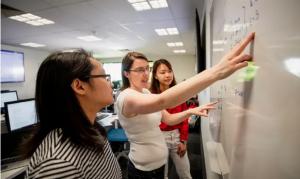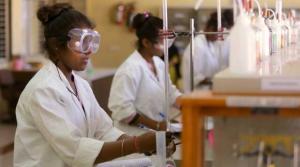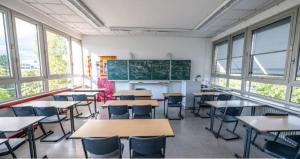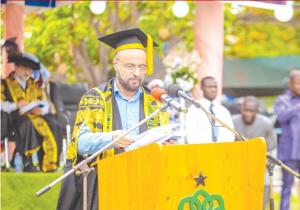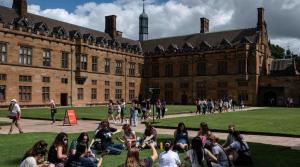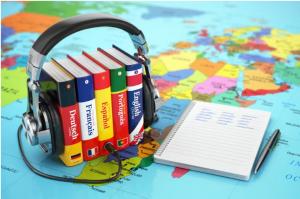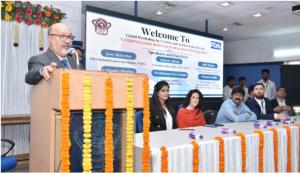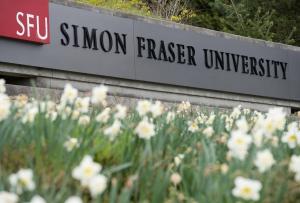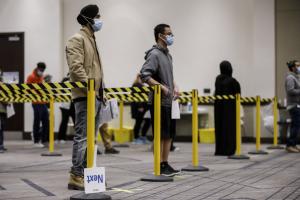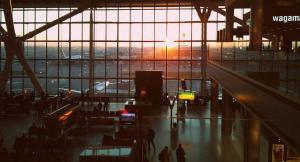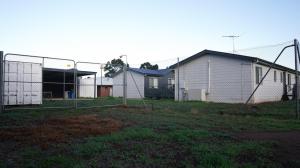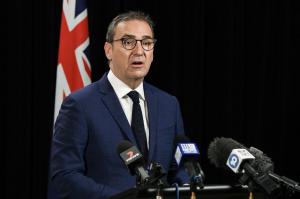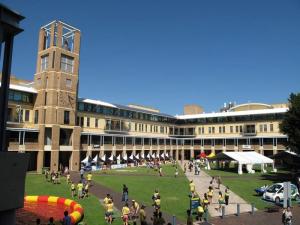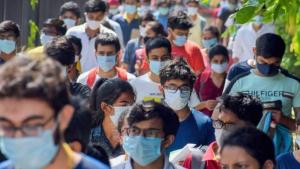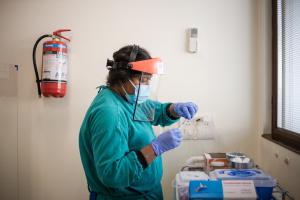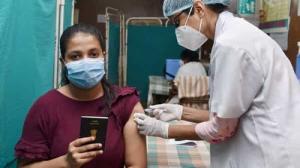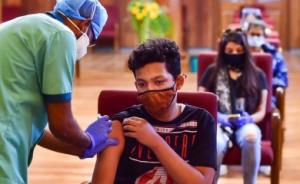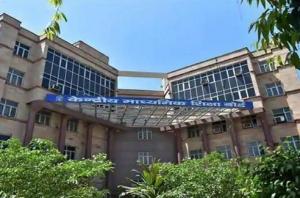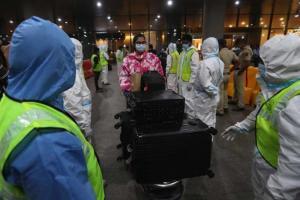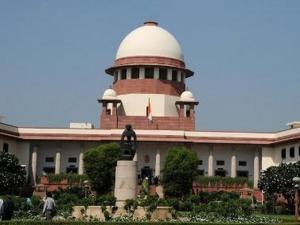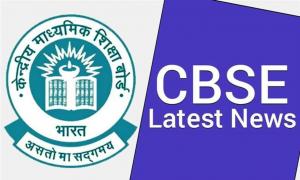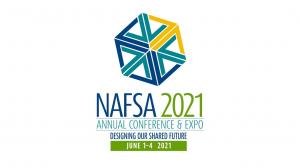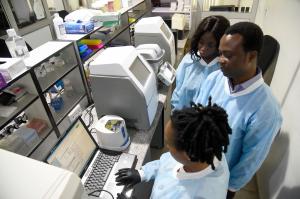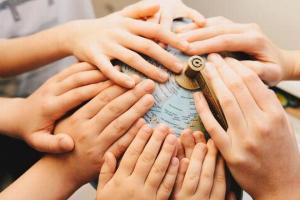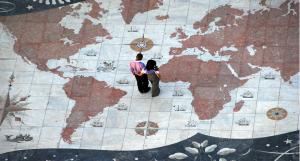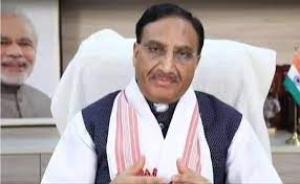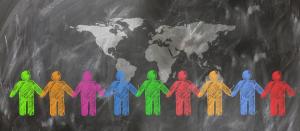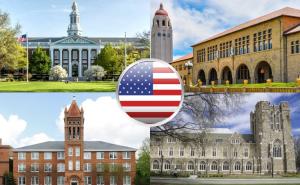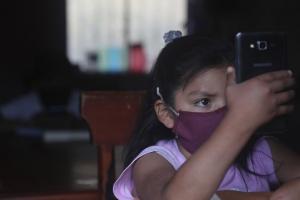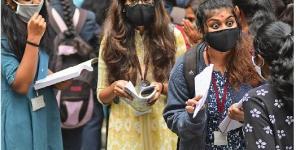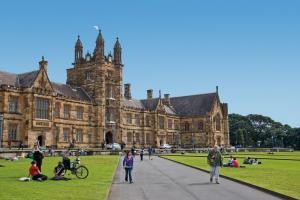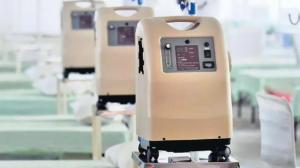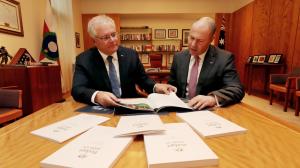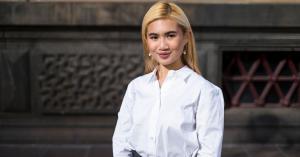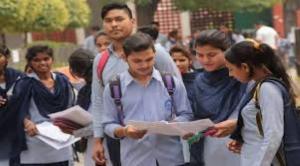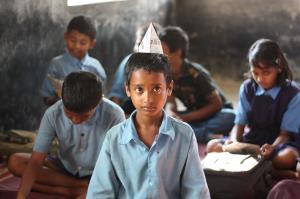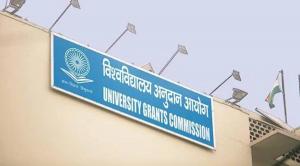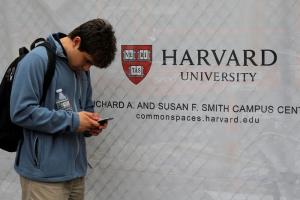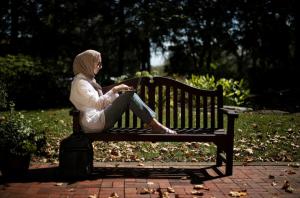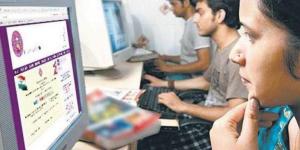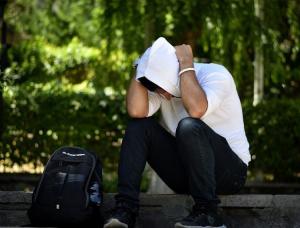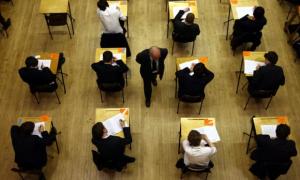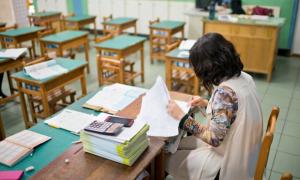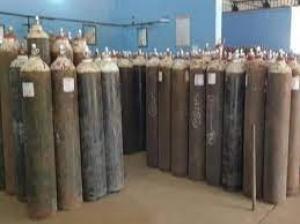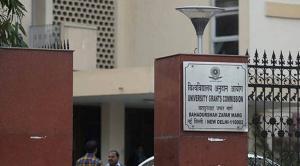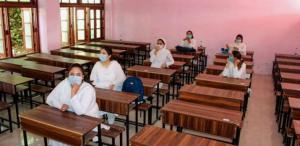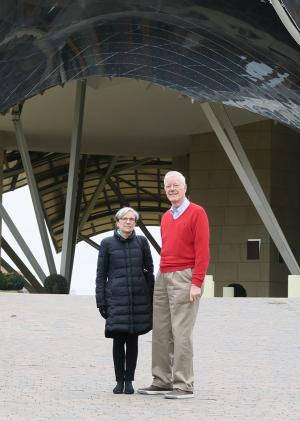Yemen’s universities are in a desperate situation. As a result of eight years of war, the higher education sector in Yemen has suffered approximately US$1.34 billion worth of damage, according to a 29 March statement issued by the Ministry of Higher Education and Scientific Research in the Houthi government.
Yemen is a weak performer in terms of its knowledge infrastructure. It ranks 150 out of 154 countries in the 2021 Global Knowledge Index that measures knowledge performance of countries worldwide using seven sectorial indices, including higher education and research, development and innovation.
It also ranks 132 in higher education and 79 in research, development and innovation along with being 23rd out of the 27 countries with low human development.
The cause of its current demise is the ongoing war, a conflict that has torn the country apart since 2014, when the Iran-backed Houthi movement seized control of the capital, Sana’a, in the northern part of the country, leaving the internationally recognised Saudi-backed government to set up headquarters at Aden, in the south.
In addition to the destruction of resources, the financial impact of the war has been severe, with Khaled Al-Wasabi, the minister of higher education, scientific research, technical education and vocational training, explaining to Al-Fanar Media in October 2022 that the conflict had led to a “terrific devaluation of the national currency, slashing the value of faculty salaries”, forcing many academics to emigrate.
In addition, the ministry’s budget was worth 20% of what it had to spend in 2014.
Targeted violence against higher education
Much of the degradation of education infrastructure has come not just from collateral damage but also targeted violence.
Attacks on schools, universities, students and education personnel in Yemen continued at a high rate during the 2020-21 reporting period, according to the Track Attacks on Education (TRACE) Data Portal – a new tool which applies humanitarian technology to generate reliable, timely data on attacks on education to be freely shared.
In 2020 and 2021, 185 attacks were recorded and 171 students and educators were abducted, injured, killed or otherwise harmed by armed groups or during military action. Also, 76 schools and universities were damaged or destroyed.
However, there are now grounds for optimism.
Saudi Arabia and Iran announced on 10 March that they had agreed to re-establish diplomatic ties.
This was followed by a statement from the Iranian mission to the United Nations that the Saudi-Iranian rapprochement, “would accelerate the ceasefire, help start a national dialogue, and form an inclusive national government in Yemen”.
The long-awaited restoration of ties between Saudi Arabia and Iran has given academics hope that the fighting can be brought to an end, that stability can be restored, and a breathing space created within which higher education, along with other sectors constrained by the turmoil, will be able to pick itself up, function and develop.
Academic community reaction
Arshin Adib-Moghaddam, professor in global thought and comparative philosophies at SOAS, University of London, told University World News: “This is an incredibly important development, and could be historic if it ushers in further steps towards normalisation.”
He said the single most important factor in the rapprochement was Chinese diplomacy coupled with the realisation in Saudi Arabia and Iran that they can’t outdo each other in the zero-sum game that they had pursued.
“Better relations will bring about ground-breaking changes if they are implemented systematically, for instance through educational programmes and scholarships jointly sponsored by Saudi and Iranian organisations,” said Adib-Moghaddam, who is the author of the 2021 book What is Iran? Domestic politics and international relations in five musical pieces.
“People-to-people contacts via student-led programmes, supervised by academics, have proven to be one of the best ways to foster understanding, tolerance and enduring cultural ties,” he added.
University for Sustainable Development suggested
Professor Atta-ur-Rahman, a UNESCO Science Prize laureate and former coordinator general of the Standing Committee on Scientific and Technological Cooperation (COMSTECH) of the Organisation of Islamic Cooperation (OIC), which includes Saudi Arabia, Iran and Yemen, told University World News: ”Saudi Arabia and Iran must join forces to implement higher education diplomacy on the Yemeni ground to help build bridges.”
“Saudi Arabia and Iran could create a joint fund to promote cooperation in higher education between the three countries, which could include faculty exchange, joint supervision of PhD students, training of faculty in Yemen, and joint projects of industrial and agricultural importance,” said Atta-ur-Rahman, who is also a former federal minister of education in Pakistan.
“The joint cooperation of Saudi Arabia and Iran in Yemen could help reduce past animosity and herald a new era of cooperation and trust between these great nations, with Yemen acting as a bridge between them,” he added.
He suggested that the establishment of a Saudi-Iranian University for Sustainable Development in Yemen would be an “excellent beginning for such a long-lasting cooperation”.
“Both countries could seek volunteers from other OIC member states through COMSTECH so that other Islamic countries could also contribute to the Saudi-Yemen-Iran cooperative programmes in the higher education sector,” he said.
“This will have a huge positive impact on the future Saudi-Iran relationship and help to bring the Islamic world closer together in the true spirit of Islam.”
‘Critical step to peace’
Abdulghani Muthanna, Yemeni associate professor at the faculty of social and educational sciences of the Norwegian University of Science and Technology, told University World News that while the public might be sceptical of the impact of the Saudi-Iran agreement to re-establish diplomatic ties on the rebuilding of Yemen, including higher education, he thinks it is a positive step towards bringing about peace in Yemen and the wider region.
He hoped the Saudi-Iran agreement would be a starting point towards a promising uplifting of the Yemeni nation and “critical development of the war-torn higher education sector”.
Muthanna hopes Saudi Arabia and Iran, along with international higher education organisations and associations, will provide a helping hand to Yemen’s higher education institutions and universities “to act as peace-builders and social fabric healers, as well as economic growth promoters, along with contributing to producing the scientific workforce needed for sustainable development and reconstruction of post-war Yemen”.
He said the reform of Yemen’s universities needs to be on the top of the list of joint Saudi-Iran projects for consolidating their agreement in order to update universities’ education policies, teaching and learning programmes, and strategies as well as promoting applied research and enhancing societal engagement.
He has prepared several studies that focus on the impact of the current political conflict on the university community and how to develop higher education in Yemen, which he believes could be used for formulating a roadmap for reforming Yemeni universities for sustainable development.
These include a March 2023 study titled “A conceptual model of the factors affecting education policy implementation”, an August 2022 study titled “Conflict and international education: Experiences of Yemeni international students” and an October 2022 study titled “The interaction of war impacts on education: Experiences of school teachers and leaders”.
“Meanwhile, establishing local, regional and international higher education partnerships will surely lead to the professional development of the Yemeni universities that in return can effectively participate in solving the current socio-economic problems and challenges facing Yemeni society,” Muthanna said.
Preparing competitive graduates
Dr Abdullatif AlMunifi from the faculty of engineering of Sana’a University in Yemen, told University World News that he echoed the call for reform of the higher education system, advising that the aim should be to prepare competitive graduates who can keep pace with the evolving world of work.
AlMunifi, who is the lead author of a 2021 study titled “Internal efficiency of higher education system in armed conflict-affected countries – Yemen case”, called for investment in a well-built environment for higher education “to bring back displaced Yemeni scientists who will strengthen the higher education institutions’ capacities for advancing knowledge and skills as well as compensating students’ learning loss that occurred during the elapsed years”.
Out of the 32 million Yemenis worldwide, there are more than 10 million living in exile, and they are mostly educated, in almost 40 countries across Asia, Africa, Europe and North America, according to the 2021 report, The Long Shadow of War: Mobilization dynamics of the Yemeni diaspora since 2011.
Fighting corruption in higher education
Yemeni researcher Ahmed Alduais of the University of Verona in Italy told University World News that higher education institutions in Yemen must work on “peace-building and social fabric healing as part of the reconstruction efforts of post-war Yemen”.
They must also address the underlying issues that have led to corruption in higher education which is deeply rooted in the social structure, as well as the traditional curriculum and teaching methods, among other issues, along with promoting positive change, he said.
A co-author of a November 2022 study titled “Intertribal conflict, educational development and education crisis in Yemen: A call for saving education”, he added that “higher education institutions should also work on creating an environment that supports transparency, accountability and ethical practices, as well as developing a curriculum that promotes critical thinking and ensures that students are equipped with the necessary skills and knowledge to contribute to the rebuilding of Yemen”.
Academic diaspora as peace-builders
Adib-Moghaddam suggested that the Yemeni academic diaspora can also play a crucial role as a bridge between Yemen-based universities and higher education institutions and the universities they are working in abroad, in terms of both institutional outreach, knowledge and best practices transfer and funding opportunities.
“Yemeni academic diaspora can also help in the peace-making and peace-building processes through strategic thinking and identifying new ideas and pathways for conflict mediation and post-conflict reconstruction in Yemen,” he said.
“Academics with an intellectual consciousness are the true purveyors of peace, as we are not eclipsed by business or political power calculations, even within rather more authoritarian settings,” he said.
“The academic diaspora also can often speak and think more freely which enables them to participate in an efficient way in building bridges across political divides.”
Adib-Moghaddam’s view is supported by a November 2022 report titled The Role of the Diaspora in Peace-building in Yemen: Potentials and opportunities, challenges and constraints.
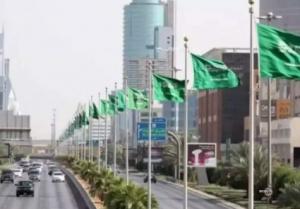
Source link: https://www.universityworldnews.com/post.php?story=2023040615151561






